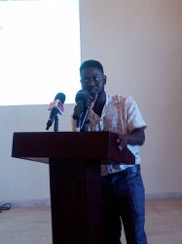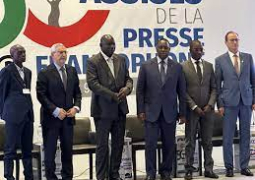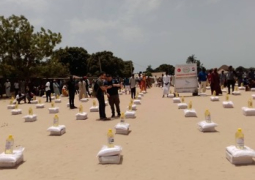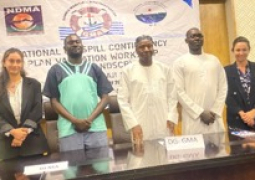
Established in 1999, the non-profit international NGO seeks to improve the living conditions of women and girls and the health of mothers and children, while recognising their right to personal integrity and freedom on a basis of social equality.
The NGO has been working in communities in promoting development and cooperation on sexual and reproductive health rights through research and knowledge transfer.
The project funded by the Catalan Agency for Development Cooperation based in Barcelona, was implemented between January 2021 and December 2022.
The move, according Wassu Gambia officials, is a step forward aimed at expanding their work to end harmful traditional practices and Gender Based Violence in the country.
The project’s main findings on Child Marriage revolves around a survey of knowledge, attitude and practices carried out in all regions of the country and covered all kinds of ages and ethnicities.
It involved 200 men and 200 women, who were asked about the causes of early marriage, consequences, the laws, the prevalence, knowledge transfer and the role of NGO's.
Through the allocation of the questions, Segga Sanyang, Program Coordinator for Wassu Gambia Kafo and Salieu J. Kandeh, a senior trainer, both presented the findings of the survey, which indicates that many believe that early marriage is a way of avoiding outside pregnancy and premarital sex which are more important than economic and religious reasons.
The finding also revealed that in communities, 30 percent of men and 15 percent of women, still do not support the legislation to ban child marriage in The Gambia.
"The survey also revealed that majority of women (82 percent) and men (7 percent) have never attended a training or sensitisation on child marriage."
The survey further revealed that there is a clear opinion among Gambians that child marriage is a harmful practice, while 72 percent consider that the practice should not continue believing that sensitisation is a better way to eradicate it than the legislation.
Sanyang however, highlighted some of the challenges faced during the survey, saying availability of sources on the issues was a challenge as some considered early marriage as tradition and religion.




